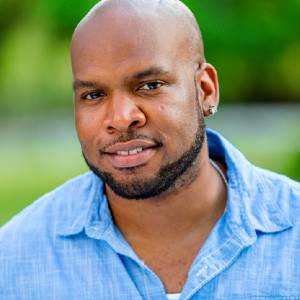Theology is full choices. Some of those choices are conscious, and some of them we make unawares, but we’re always choosing something. One of those choices is what we’re prioritizing in the grand narrative of scripture. Put another way: which lens will shape the faith that so many of us hold so dearly?
The first Christians received their name because of the significance they ascribed to the person of Jesus of Nazareth, a man they claimed was the Son of God. A man who was crucified. A man they insisted rose from the dead and met with hundreds of people after having been entombed for days. It is unquestionably true that these claims are central to how the first Christians approached their scripture. And it is reasonable to conclude that these claims are the most important truths of the Christian faith.
But the death of Jesus is not the story of Jesus. The resurrection of Jesus is only as significant as the life of Jesus. And, if the life of Jesus is of any importance, then we might want to pay attention to what happened during the three decades that preceded his state-sanctioned execution. Those three decades give us the best idea of the sort of life to which he was raised again.
Jesus’s death is not good news. And if his resurrection is to be received as gospel, then it must mean his life is good news. Jesus’s death is a fact. And facts will not feed our faith.
It is the resurrection that demands belief. It is the life of Jesus that stirs the imagination. The stories that connect us to the life of Jesus serve as the lamps in our own lives. It is these stories that have helped many to discern the presence of God in their realities.
We know we will all die as Jesus did. But when you’ve had your fill of hard times? When you are contemplating the value of pressing on? It is living as Jesus did—despite the reality of death—that serves as good news.
The choice before us is whether we will lean on Jesus’s life—or his death—as gospel.
Adapted with permission from Trey Ferguson’s Theologizin’ Bigger: Homilies on Living Freely and Loving Wholly and you can learn more here, including a video interview with Trey Ferguson.
Photo by Kelly Sikkema/Unsplash

Trey Ferguson is a minister, writer, and speaker, with an MDiv from the Samuel DeWitt Proctor School of Theology at Virginia Union University. His thoughts on faith in an evolving world can be found on the Three Black Men: Theology, Culture, and the World around Us and New Living Treyslation podcasts, in The Son Do Move newsletter, and @pastortrey05 on social media. He lives in South Florida with his wife and three children. Learn more at pastortrey05.com.


